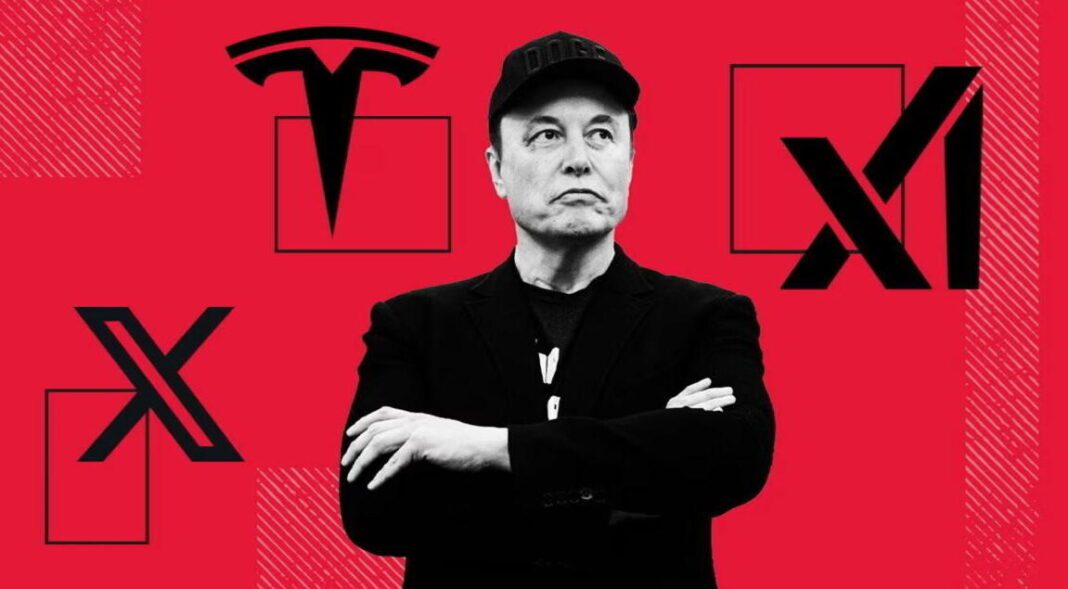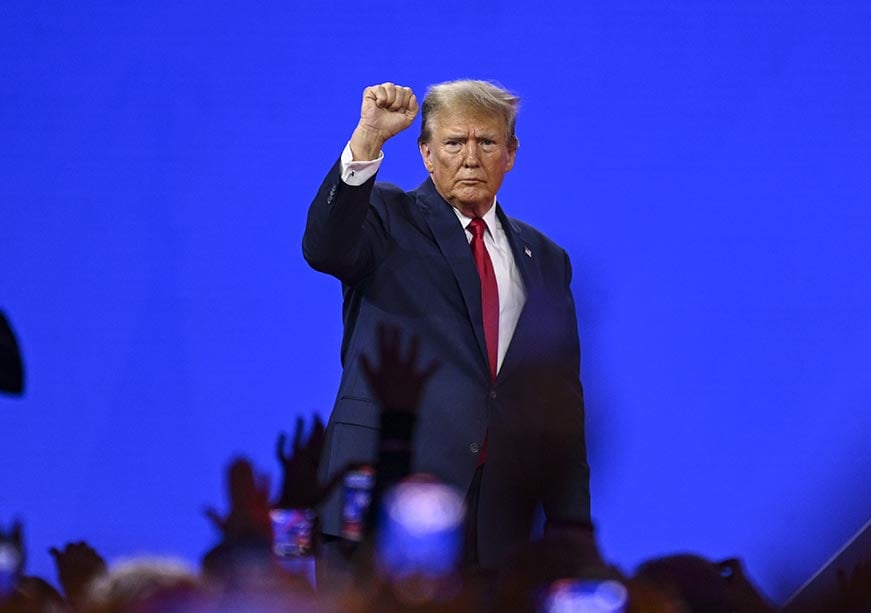Tesla CEO Elon Musk revealed at its annual shareholders’ meeting that Tesla is developing its next-generation AI chip (referred to as “AI5”) for use in its self-driving cars and other AI/robotics initiatives.
- Musk said that even when counting current supply-chain partners (like Taiwan Semiconductor Manufacturing Company (TSMC) and Samsung Electronics), Tesla may not be able to obtain enough chips from external suppliers.
- As a result, Tesla is considering building its own huge “chip fab” (fabrication plant) — Musk called it a “terafab” (meaning beyond the usual “giga” or “mega” fabs) to meet massive wafer-production demands.
- Regarding Intel, Musk said: “Maybe we’ll do something with Intel… We haven’t signed any deal, but it’s probably worth having discussions with Intel.”
What the potential collaboration entails
- A partnership with Intel could mean Tesla uses Intel’s foundry/manufacturing capabilities or co-develops chips leveraging Intel’s process technologies. Intel has foundry assets and the U.S. government recently acquired a stake in Intel, making its foundry business more visible.
- Tesla’s goal is to build a chip that is power-efficient and cost-effective. Musk said the chip would consume about a third of the power of Nvidia Corporation’s Blackwell AI chip and cost roughly 10 % as much to produce.
- Tesla’s timeline: small volumes of AI5 could appear in 2026; high-volume production in 2027; and a follow-on AI6 chip mid-2028.
Why this matters
- For Tesla: Securing a reliable supply of advanced AI chips is critical to its ambitions in autonomous driving and robotics. If external suppliers (TSMC, Samsung, etc.) cannot meet demand, owning/partnering for production could provide control and cost advantages.
- For Intel: A tie-up with Tesla would bolster Intel’s foundry business (which has struggled to keep pace with TSMC and others) and might attract more high-volume customers.
- For the semiconductor industry: This move signals large vertical integrators (like Tesla) may take chip manufacturing into their own hands — or partner deeply — shifting dynamics in chip supply chains.
What we don’t yet know
- No formal contract or binding agreement between Tesla and Intel has been announced. Musk explicitly said discussions are “worth having”, but emphasised no deal yet. Reuters
- Location, scale, and time-frame of the proposed fab are unspecified beyond production-volume hints (e.g., “100,000 wafer starts per month” mentioned).
- Which fabrication process node(s) will be used, how Tesla will integrate manufacturing with partners, and how Tesla will manage its software/hardware integration remains unclear.
- What financial investment, risk, and margin implications this will have for Tesla or Intel.
Implications and considerations
- Supply chain control: Tesla moving toward self-manufacturing or partnering for chip production suggests potential for better control of supply, cost, and performance.
- Capital intensity: Building a large fab is extremely capital-intensive and technically challenging. This could lead to increased risk for Tesla. Indeed, other industry leaders caution that advanced chip manufacturing is “extremely hard”.
- Competitive dynamics: If Tesla succeeds, it might reduce reliance on external foundries and accelerate internal R&D in AI hardware — possibly prompting competitive responses from automakers, chipmakers and foundries.
- Timing risk: The 2026-2028 timeframe suggests significant time before full-scale output — Tesla must manage chip supply in the interim using existing partners.
- Regulatory & geographic factors: Given global chip geopolitics (US-China tensions, foundry location importance), choices of fab location and partner may involve political, regulatory and logistical considerations.
Why India (and you) should care
- Tesla’s hardware and AI ambitions can ripple globally — especially in India where Tesla is aiming to expand and global auto/EV supply chains are evolving. If Tesla brings advanced AI hardware manufacturing closer, it could influence auto-component ecosystems, research collaborations and skills development in many countries.
- For Indian investors/tech watchers: A Tesla-Intel tie-up could shift the value chain in the semiconductor industry and open investment/partnership opportunities.
- For downstream industries: AI-chips for autonomous vehicles, robotics and EVs are key enablers; manufacturing bottlenecks or innovations here matter for global automotive and tech markets.
Conclusion
In short: yes, Tesla is seriously considering making AI chips with Intel (or at least exploring the option) as part of a broader plan to produce its own next-generation AI processors and possibly build a massive fabrication facility. But a formal deal is not yet in place.
This potential collaboration—especially if realised—could have significant ramifications in the auto, AI, and semiconductor sectors. Tesla aiming to produce chips at “one-tenth the cost” of current leaders and at large volumes signals ambition. However, the technical, financial and operational challenges are substantial.



